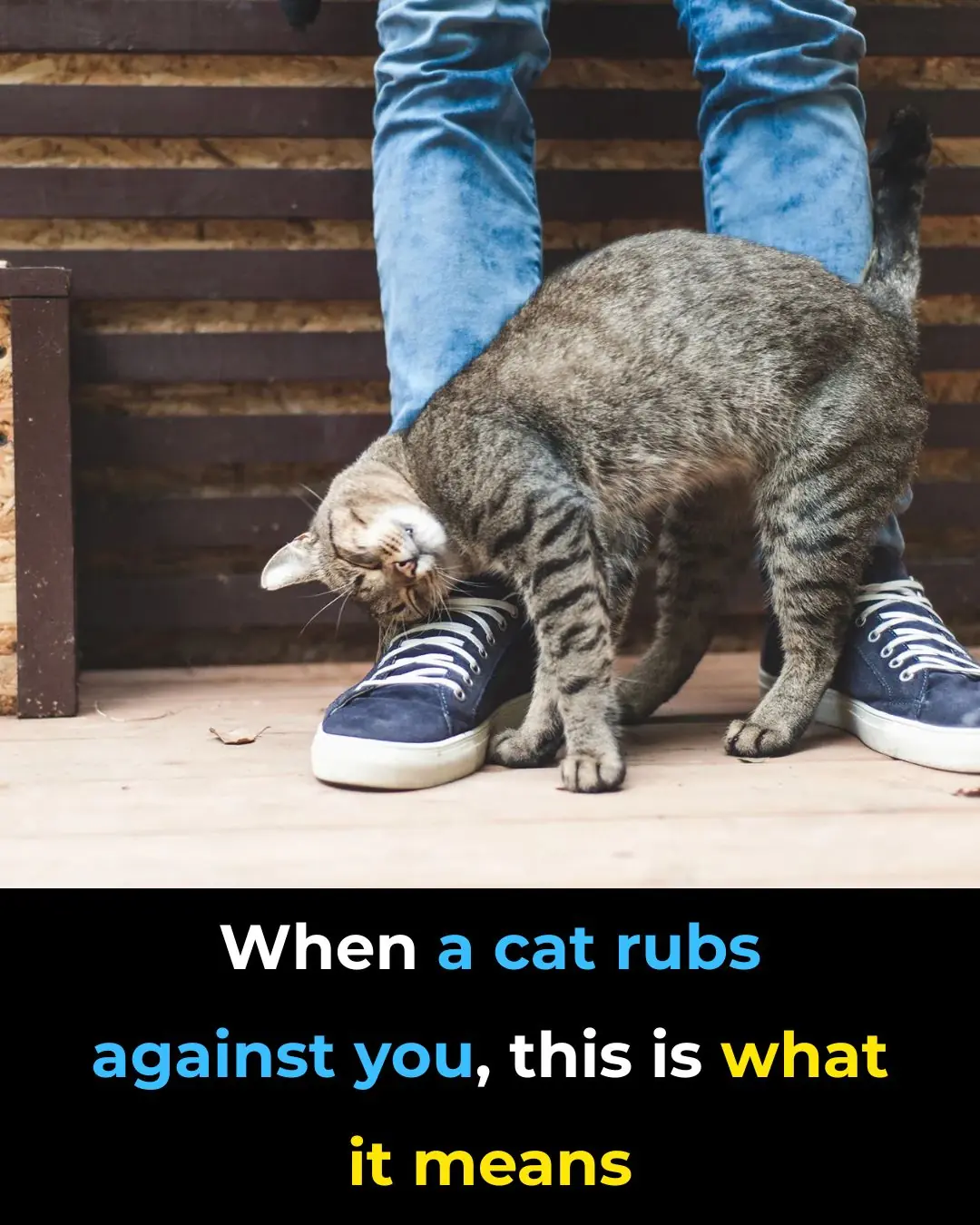
When a cat rubs against you, this is what it means
If you’ve ever had a cat head-butt your face, brush their body against your legs, or weave around you as you walk, you’ve probably wondered what this peculiar rubbing behavior actually means. It can feel like they’re trying to trip you up—or maybe give you a surprise attack—but in reality, your cat is most likely expressing affection in their own unique way.
Rubbing is one of the most common feline gestures of friendliness and comfort. When a cat feels safe and connected to you, this behavior is their way of saying, “You belong to me—and I like you.” Often, a content cat will also purr softly or even drool slightly during these affectionate moments, showing that they are completely relaxed and happy in your presence.
Why Does My Cat Rub Against Me?
There are several reasons your cat might be rubbing their face or body on you—and most of them are signs of positive emotions and trust.
1. They’re Saying Hello
When your cat greets you by rubbing against your legs or nudging your hand with their head, it’s their way of saying “Hi, I missed you.” Cats often perform this gesture when they see their favorite humans after some time apart, such as when you come home from work. Even friendly stray cats may approach and rub against you to offer a cautious greeting.
Among cats, this behavior is also used as a form of social bonding. Cats that belong to the same family group often rub against each other to reinforce their connection and establish trust within their little “cat community.” If you want to respond to your cat’s greeting in the right way, take a moment to gently pet them or speak softly—they’ll appreciate the acknowledgment.
2. They’re Marking You as Safe and Familiar
Cats possess scent glands on their cheeks, chin, forehead, and the base of their tail. When they rub these areas on you, they’re depositing pheromones—chemical markers that carry messages of comfort, familiarity, and safety. By transferring these scents onto you, your cat is effectively claiming you as part of their social circle and territory.
To your cat, the familiar scent acts like a security blanket. It tells them, “This person is part of my world.” However, these scents fade over time, which is why your cat may continue to rub against you regularly to “refresh” the bond. In multi-cat households, cats will often exchange scents this way to maintain a communal smell that helps identify friend from foe.
3. They Want Attention
Rubbing and head-butting can also be your cat’s clever way of getting your attention. Whether they want food, cuddles, playtime, or access to the outdoors, cats quickly learn that rubbing against you is a surefire way to get a response.
If you always give in—especially when it comes to food—your cat might start using this trick more often! To maintain healthy habits, stick to a daily feeding schedule and try redirecting attention-seeking behavior to play or gentle affection. For outdoor requests, a cat flap can be a great solution, unless you don’t mind serving as your cat’s personal doorman.
4. They’re Ready to Mate
Unspayed female cats in heat can display increased rubbing behavior, especially against people or furniture. During this period, they may also become restless, vocal, and raise their tails to expose their hindquarters—a clear invitation to potential mates. If you notice these behaviors, it’s best to speak to your vet about neutering options, which can prevent unwanted litters and reduce this hormonally driven behavior.
Should I Worry If My Cat Rubs Against Me a Lot?
In most cases, rubbing is completely normal and healthy feline behavior. It’s one of the main ways cats communicate affection, ownership, and comfort. However, if you notice that your cat has suddenly started rubbing much more frequently—or more aggressively—it could be a sign of an underlying issue.
A quick check-up with your vet can help rule out medical causes such as:
-
Allergies or skin irritation
-
Fleas or mites
-
Ear infections
-
Feline hypersensitivity disorders
-
Neurological (brain-related) conditions
Changes in behavior are often a cat’s first way of telling you something feels off, so it’s always wise to pay attention.
Why Does My Cat Rub Against Me, Then Bite Me?
If your cat suddenly follows up a loving rub with a bite, don’t take it personally—it’s usually not aggression. Cats can become overstimulated when they’re excited or affectionate. Since they’re natural hunters, their playful instincts can quickly switch gears. Without an appropriate outlet—like cat toys or interactive play—they may redirect that energy toward you.
This kind of biting is typically gentle, more like a “love nip,” but it can still be uncomfortable. Providing plenty of toys and regular play sessions can help reduce this behavior by satisfying your cat’s need for stimulation and hunting practice.
Final Thoughts
When your cat rubs against you, they’re speaking in one of their most personal and affectionate languages. Whether they’re greeting you, marking you as part of their trusted circle, or simply seeking your attention, it’s a gesture rooted in comfort and connection.
So the next time your feline friend winds around your legs or head-butts your hand, remember—it’s their way of saying, “You’re mine, and I love you.”
News in the same category


Zodiac Signs Most Likely to Have Prophetic Dreams

What Your Pile of Dirty Dishes Might Really Be Saying About You

Scientists Claim Black Hole Could Explode in the Next 10 Years—with 90% Certainty

9 Signs Your Partner Is Trying To Get Closer To You That You Might Not Realize
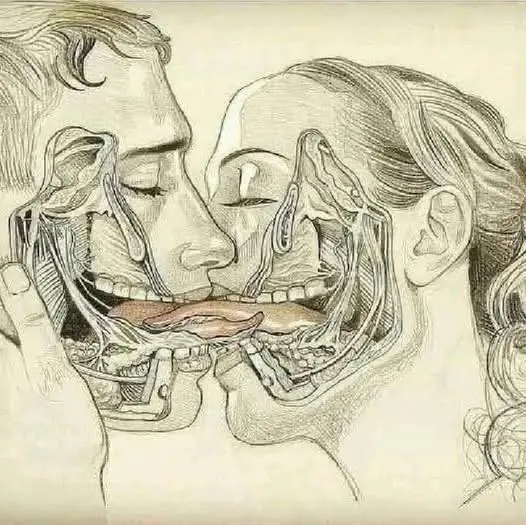
WHAT HAPPENS WHEN WE TONGUE KISS…See more

What makes a man leave his wife for another woman

How to Hold and Handle an Urn with Ashes: 3 Things You Should Always Remember
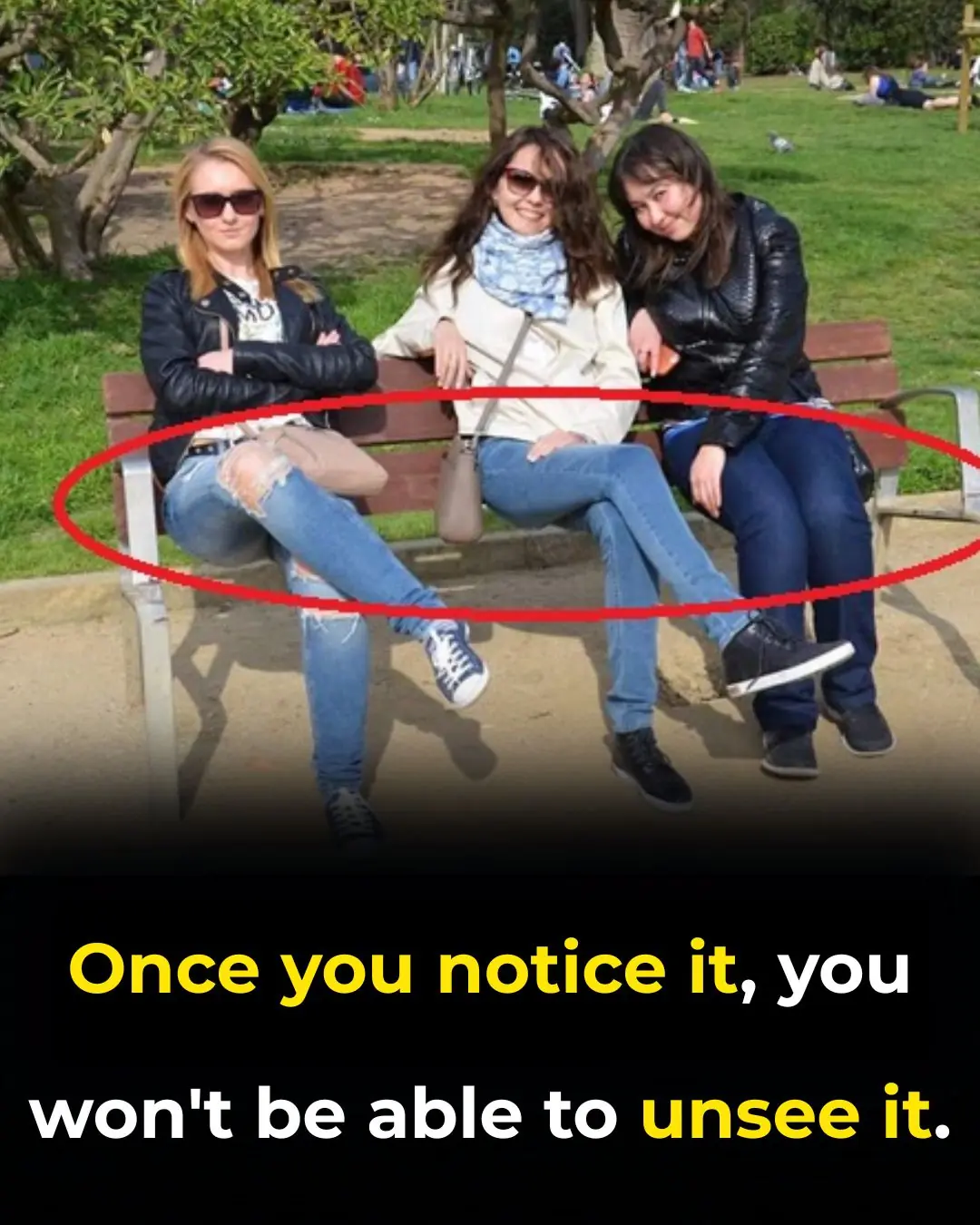
Can You Spot The Problem With This Picture

9,000 Mysterious Underwater Objects Detected Along US Coastlines Spark Navy Alarm

Ladies, when a man doesn’t appreciate you, DO THIS ...
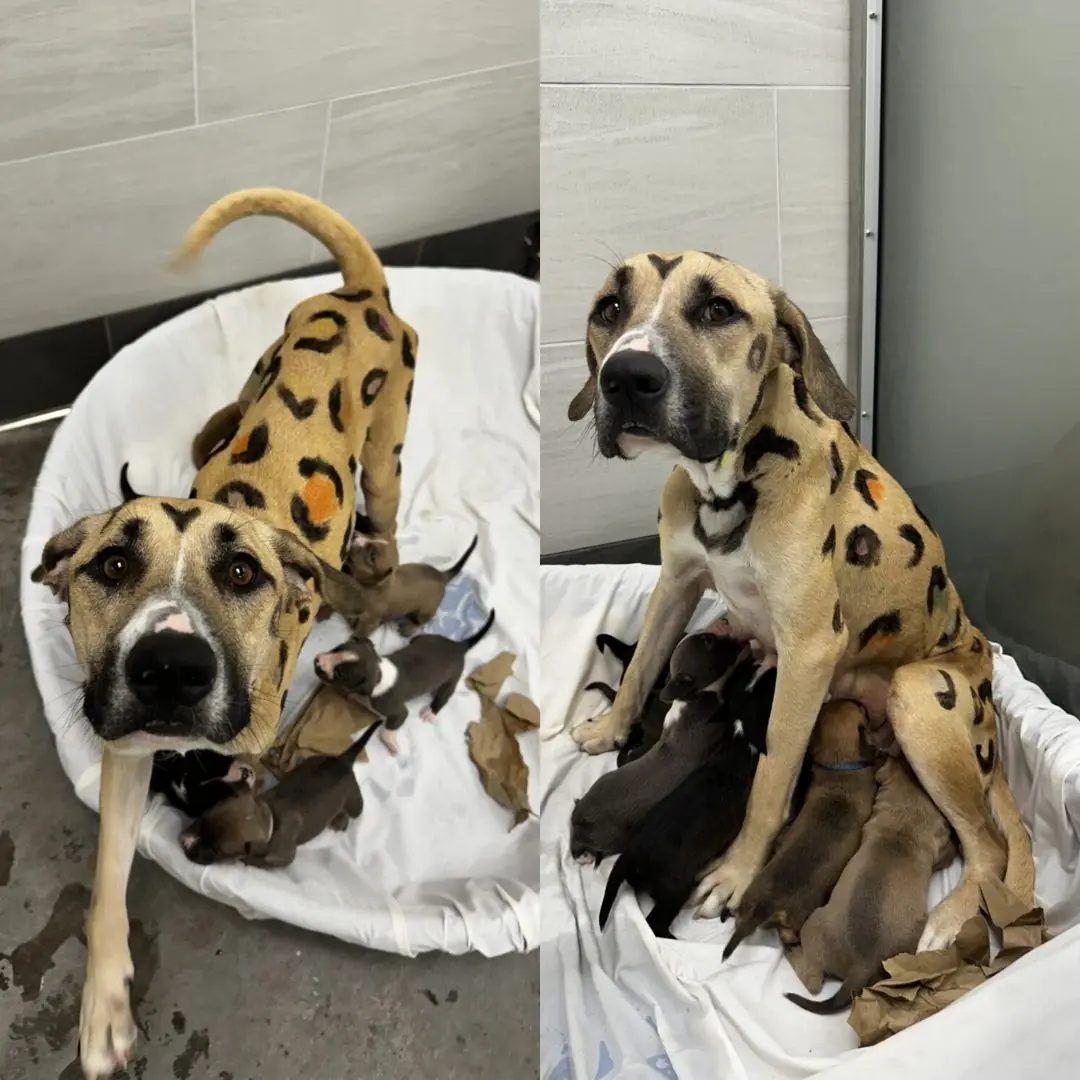
Investigator Finds Dog Tied Up Under Scorching Sun, Marked with Leopard-Like Spots
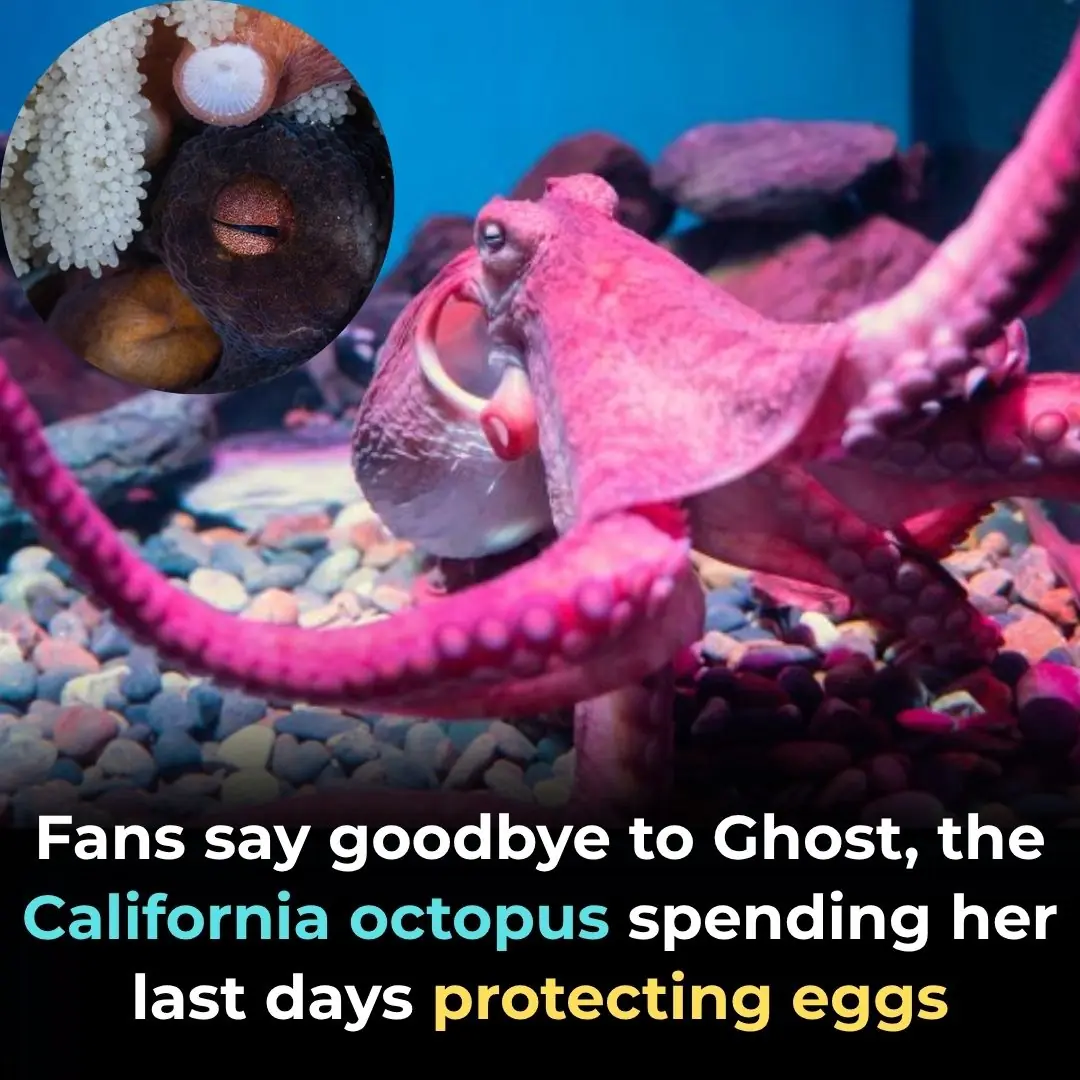
Ghost the Giant Pacific Octopus Captures Hearts in Her Final Moments

How China is Reshaping Online Influence Through New Rules

5 Extremely Harmful Cooking Oil Habits That Slowly Poison Your Body

How often should you shower
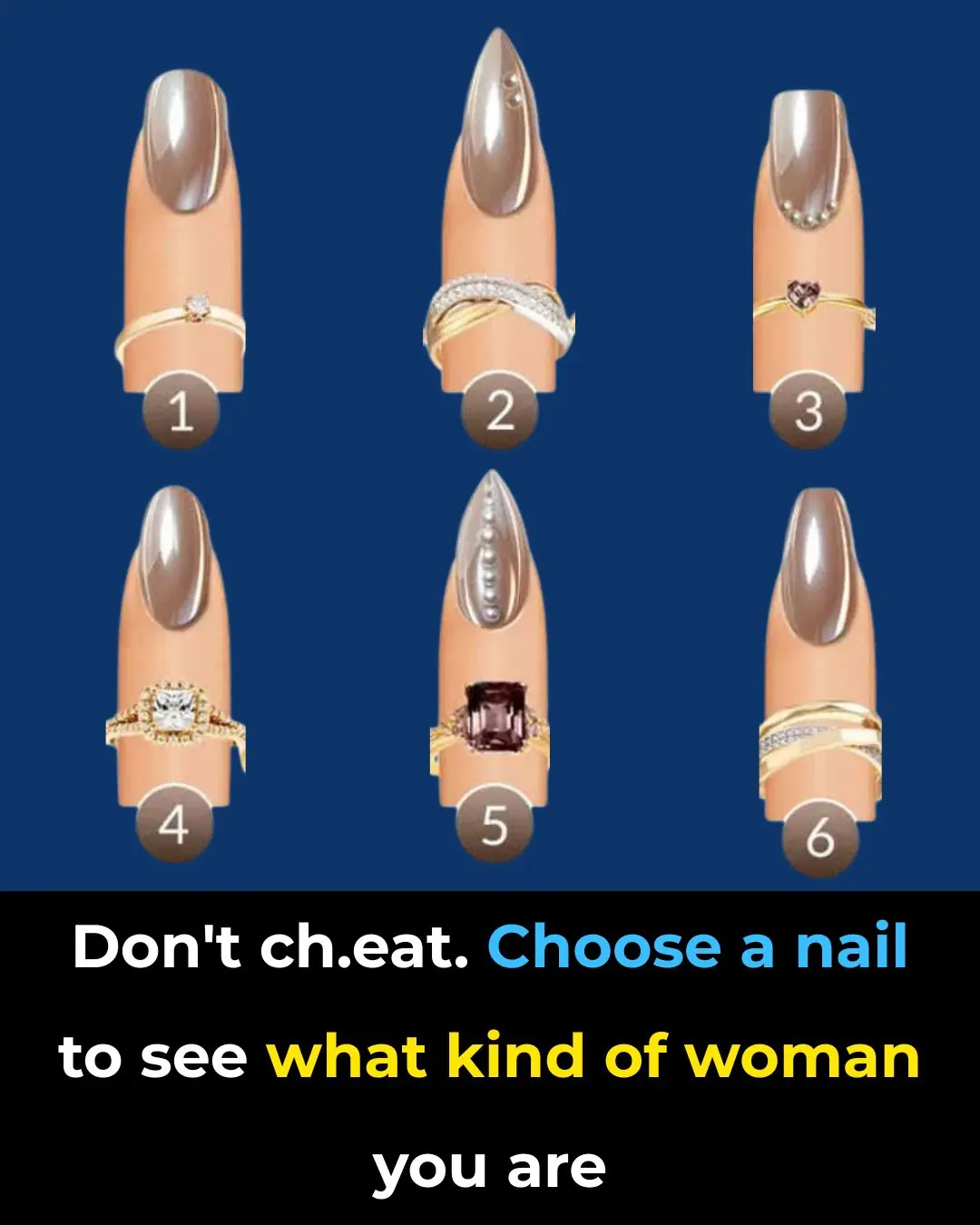
Choose a Nail to Discover What Kind of Woman You Are

Never Do These 15 Things for a Man (Even If You’re Madly in Love With Him)

Adam Sandler Sends Heartfelt Flowers to Jennifer Aniston EVERY Year On a Specific Day and Here’s Why
News Post

Warning Signs You Should Never Ignore: The Silent Symptoms of a Brain Aneurysm

Model Loses Both Legs After Toxic Shock Syndrome From Everyday Tampon Use

Before And After: Woman With Extreme Lip Enhancements Reveals Old Look

Tragic End: Georgia O’Connor Passes Away Weeks After Wedding Amid Medical Neglect

DIY Survival Water Filter: A Simple Life-Saving Tool You Can Make Anywhere
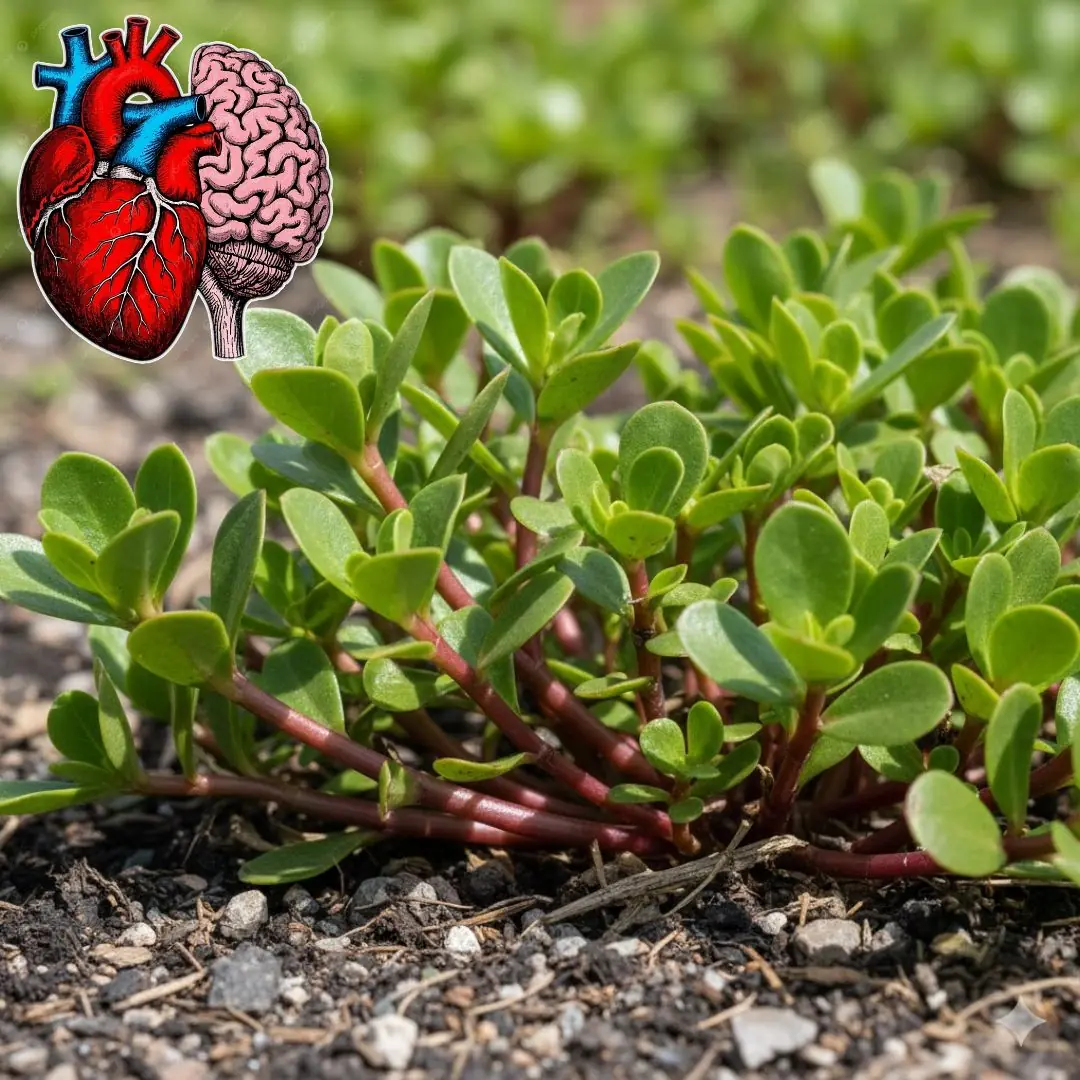
30 Powerful Reasons You Should Stop Ignoring Purslane

Why drinking your sugar is more harmful for diabetes than eating it, study finds

You are doing it all wrong. Here’s the right way to store leftovers

When a cat rubs against you, this is what it means

Zodiac Signs Most Likely to Have Prophetic Dreams

Ivy and Vinegar: A Safe and Natural Spray to Keep Pests Off Your Garden
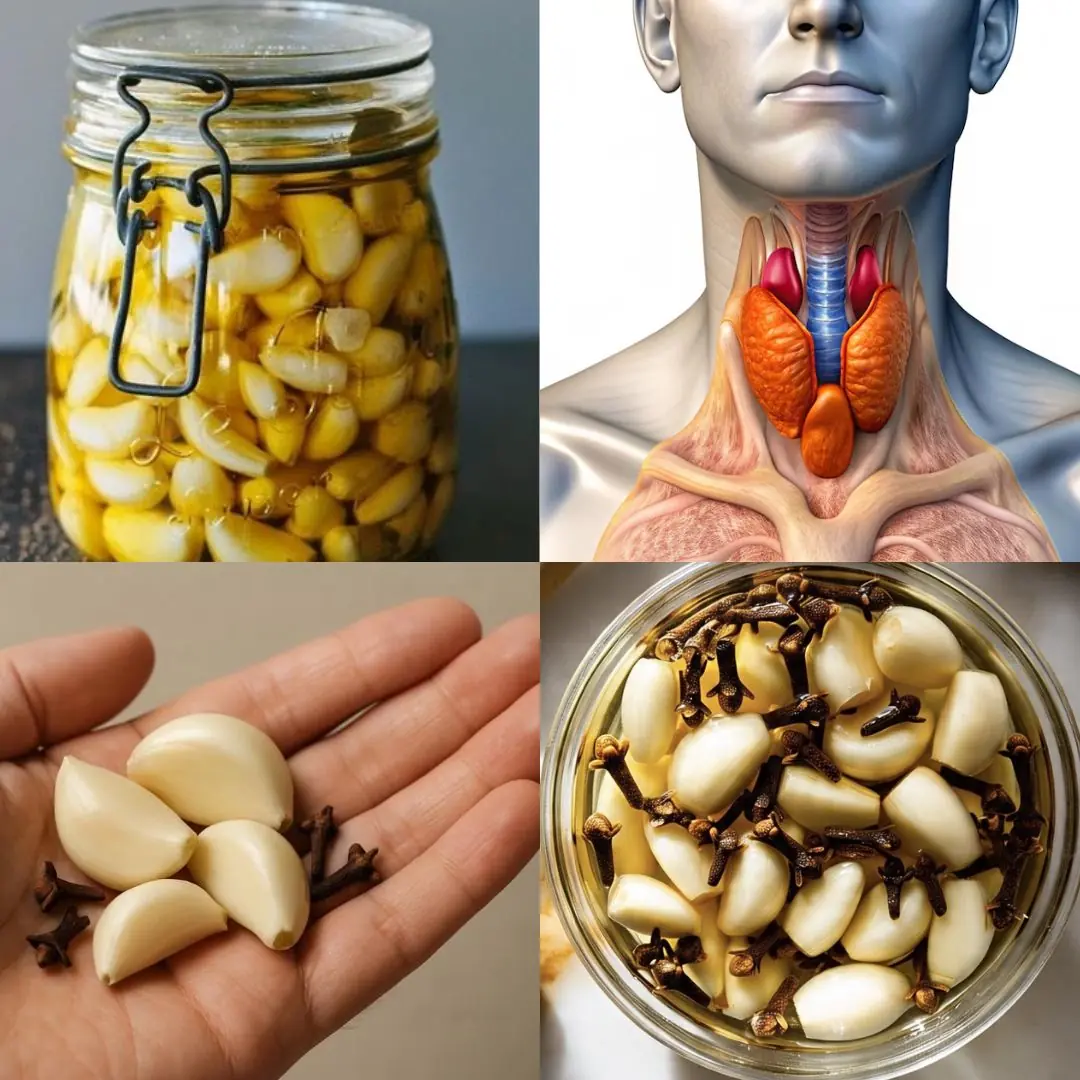
Garlic, Honey, and Cloves – a powerful natural remedy packed with health benefits

Vinegar is the key to streak-free windows and shiny surfaces, but most use it wrong. Here's the right way to use it

Haven't heard that before

You are doing it all wrong. Here’s the right way to store leftovers

10 genius tricks to revive your garden patio
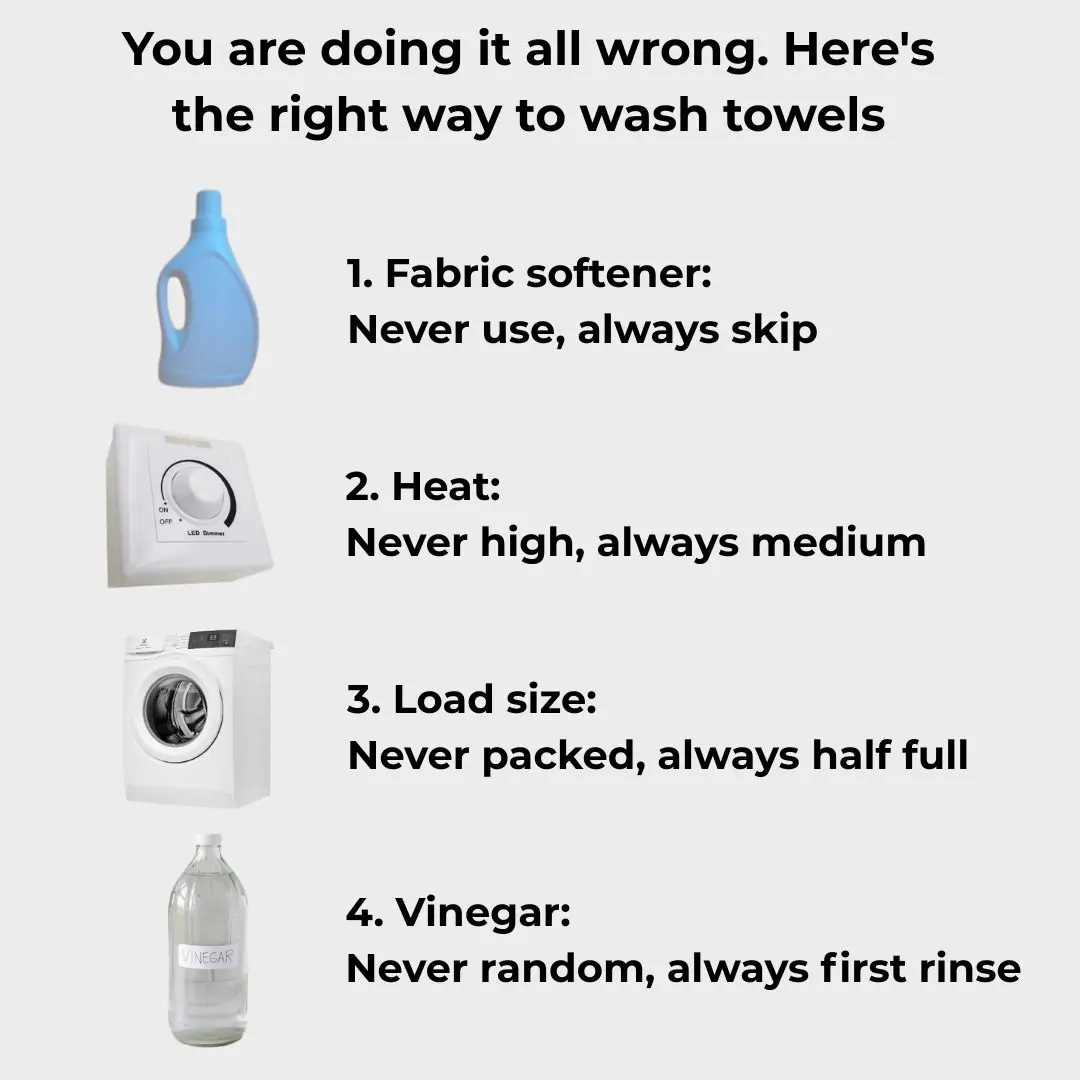
You are doing it all wrong. Here’s the right way to wash towels
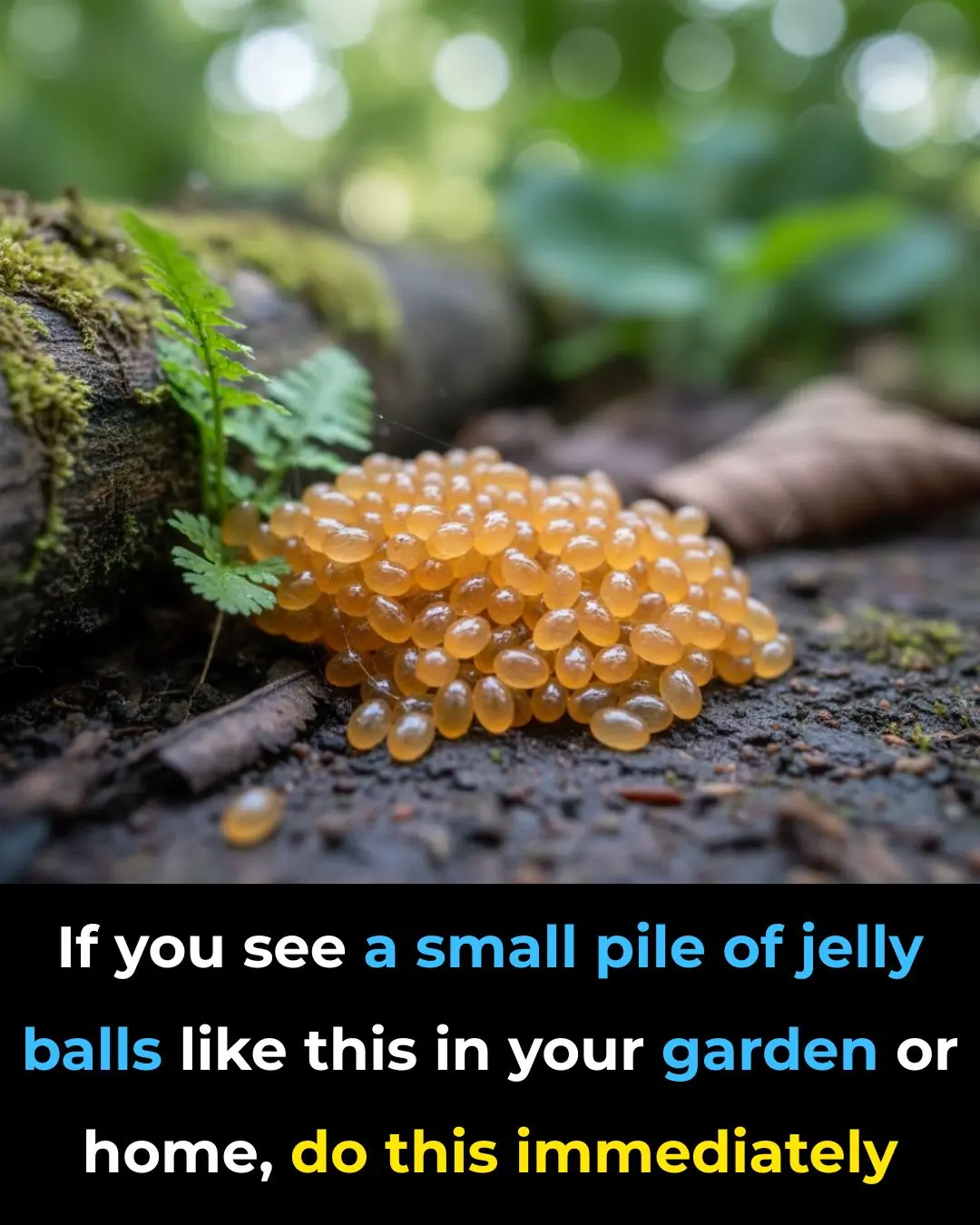
They look so harmless

How to Remove a Fish Bone from Your Throat 🐟😮
